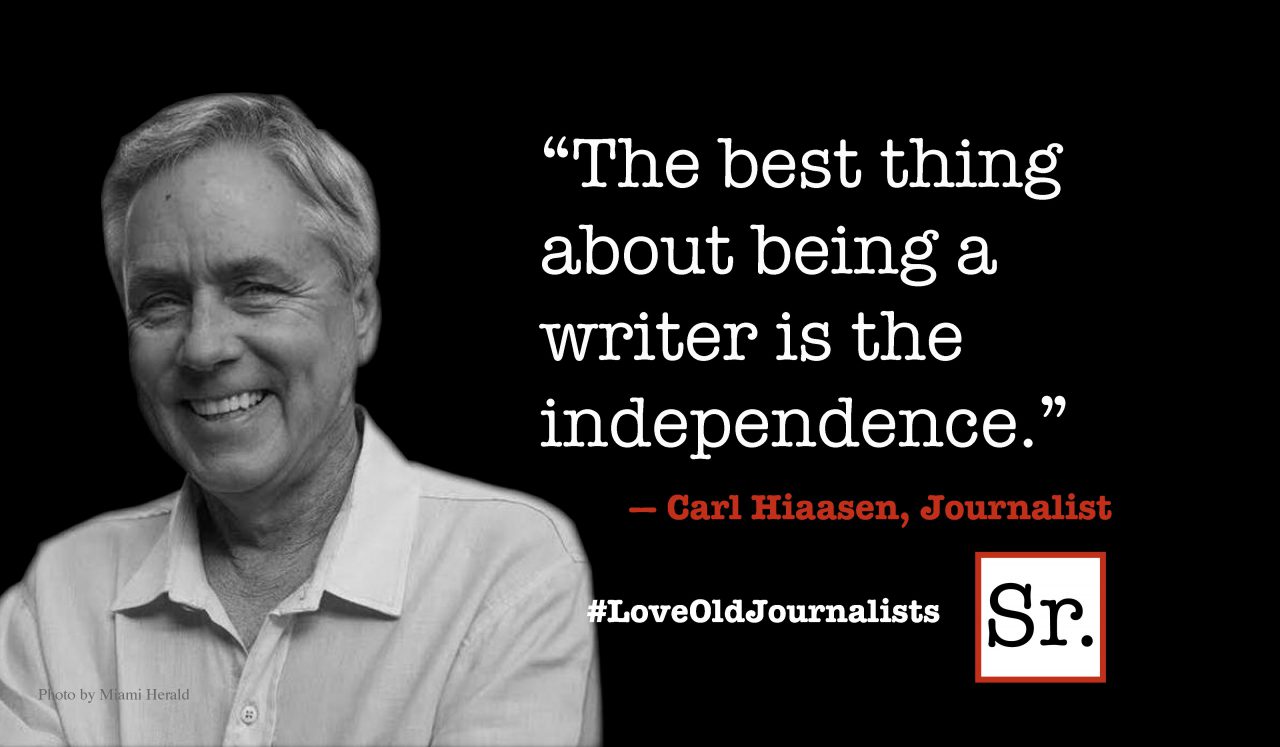There is much we Americans can be thankful for. Consider the wisdom of our founders, and observe how they fashioned both a Constitution and a rationale leading to its implementation. The Federalist Papers of John Jay, James Madison and Alexander Hamilton describe their struggles, all under the perceptive eye of Thomas Jefferson.
Among the serious questions which confronted them: the allocation of political power. It quickly became clear there was no stomach to install either a king or some other officer with kingly ambitions. Nevertheless, there was disagreement as to just how powerful a head of government should be. While Hamilton and Jefferson held differing answers to that question, in the end, the founders came down much closer to Jefferson’s popular democracy then to Hamilton’s federalist plea for a strong executive. The result was a three-headed Democratic Republic in which each branch had the ability to restrain the others. In addition, a further check on federal power was a built-in recognition that the nation was a coalition of States, each of which possessed a degree of sovereignty. And in back of both a federal government and the States, stood the people, who had the last word.
To thwart domination by anyone who wanted to act like a king, Madison drafted the first of ten constitutional amendments: Congress shall make no law respecting an establishment of religion, or prohibiting the free exercise thereof; or abridging the freedom of speech, or of the press; or the right of the people peaceably to assemble, and to petition the government for a redress of grievances. Thus the rights of a free press, free speech, religious liberty and the right of citizens to gather, demonstrate and petition were guaranteed.
Consider what has resulted in nations without these checks and balances. They have often been the victims of countless strong men who seized power and who could not be bound. We could generate a sizable list just from events of the past few years: Hussein, Mubarak, Gaddafi, Putin, and al-Assad.
For reasons which are still not altogether clear, we recently managed to elect someone who longed to be that sort of strong man and has repeatedly claimed that he already was. Nevertheless, try as he might, he has been bound by all the safeguards the nation’s founders placed in the Constitution. His own party, which dominates Congress, has stonewalled him, the judiciary has declared his decrees illegitimate, the press has continued to hit him hard, religion that is not bound to his extreme ideology has resisted his ambitions, and citizens by the hundreds of thousands have swarmed the streets of almost every major city – beginning the day after his inauguration.
Consider the partial list of what this would-be strong man has already attempted. Even before he was sworn in, he said that he would like to change laws to make it easier to sue journalists. He announced that he hoped to jail his electoral opponent. Years ago, he spoke approvingly of the mass deportation of Mexicans. He proposed a travel ban from six nations, all of which are predominantly Muslim, prohibiting their citizens from entering the United States. He advocated freeing the military and the CIA from any governmental directive rejecting the use of torture. And all that just for a start!
To top it off, he has threatened to close down the government unless he gets his way – the essence of the sort of edict that would come from a tyrant.
But this would-be strong man has been bound by the thick ropes woven into the rules on which this nation is governed – ropes designed by Madison, Hamilton, Jefferson and others. The more furiously he has struggled to escape them, the tighter they have become. It now seems entirely possible that unless he changes course, which would result in his becoming someone else, he and his administration will eventually come crashing down. But if he manages to continue along his present course, the greatest example of government of, by and for the people may become a failed historic curiosity.









